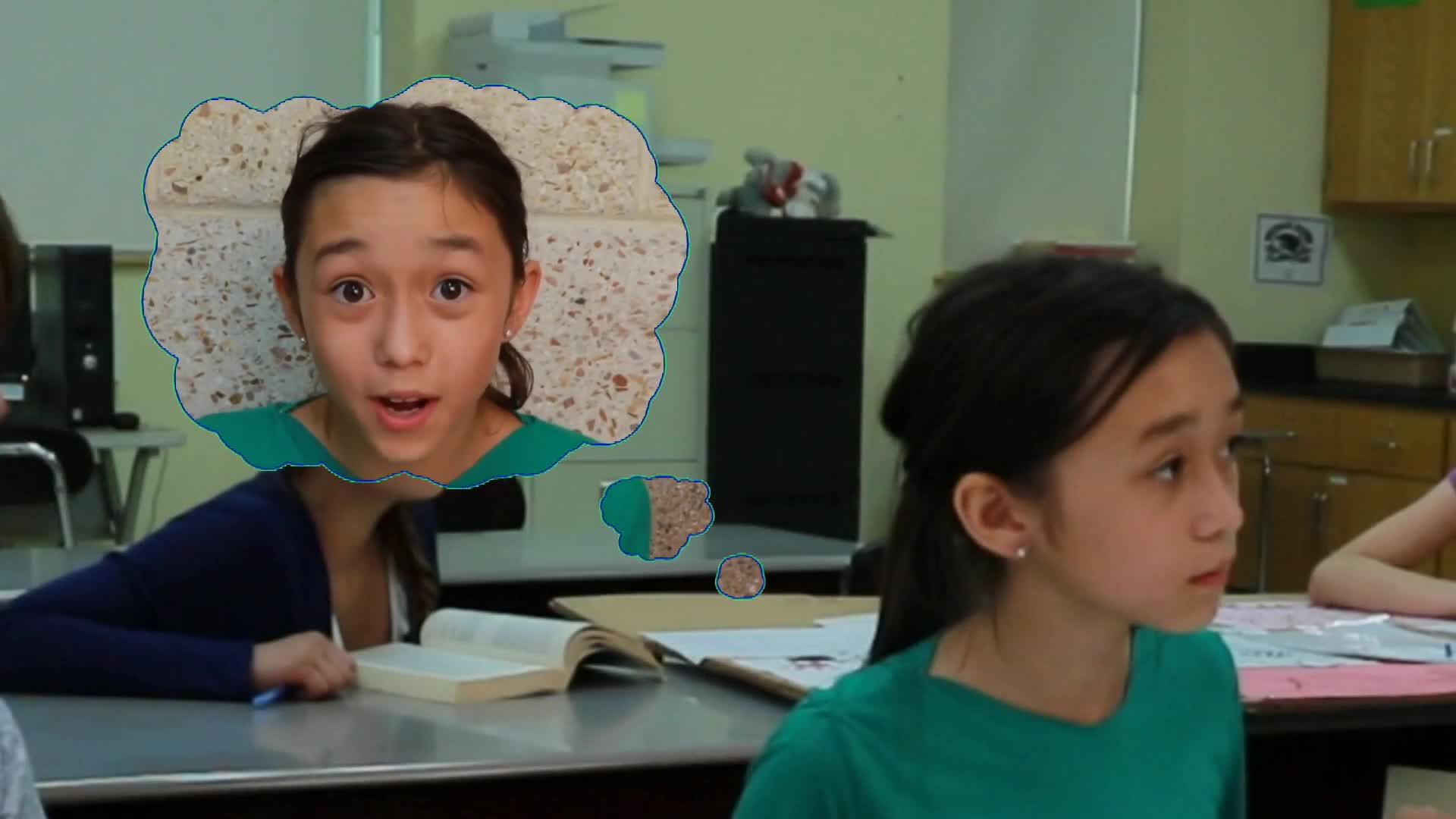Introduction
In life, everyone has to do things they don’t want to do. Adults might have to go to work, and students need to go to school. We all have responsibilities, even if we don’t like them. In this blog post, we will discuss an activity that helps students in special education understand the importance of fulfilling their responsibilities while managing their frustrations. This activity incorporates principles of Social-Emotional Learning to help students develop self-awareness and social awareness.
No-Prep Activity
This activity requires no preparation or materials from the educator. It is called the “Responsibility Role-Play.” Here’s how it works:
- Divide the class into small groups of 3-4 students.
- Ask each group to come up with a scenario where someone has to do something they don’t want to do. For example, a student has to complete a project, or a person has to clean their room.
- Have the students in each group take turns playing the role of the person who doesn’t want to do the task and the role of a supportive friend or family member. The supportive person should help the reluctant individual understand why it’s essential to complete the task and offer encouragement.
- After each role-play, ask the group to discuss what they learned from the experience. Encourage the students to share their feelings and thoughts about the situation.
Discussion Questions
After the activity, use these questions to stimulate further discussion:
- How did you feel when you were playing the role of the person who didn’t want to do the task? What about when you were the supportive friend or family member?
- Can you think of a time when you didn’t want to do something, but you did it anyway? How did you feel afterward?
- Why is it essential to fulfill our responsibilities, even if we don’t want to do them?
- How can we manage our frustrations when we have to do something we don’t want to do?
- How can we support others when they are feeling frustrated about their responsibilities?
Related Skills
Teaching students about responsibility and handling frustration also helps them develop other essential skills, such as:
- Problem-solving: Learning to find solutions to challenging tasks and situations.
- Empathy: Understanding and sharing the feelings of others when they are experiencing frustration.
- Resilience: Developing the ability to bounce back from setbacks and challenges.
- Communication: Expressing feelings and thoughts effectively to others.
Next Steps
Helping students understand the importance of fulfilling responsibilities and managing their frustrations is crucial for their personal and social development. If you’d like to access more activities and resources that promote Social-Emotional Learning in special education, we encourage you to sign up for free samples at Everyday Speech. You’ll find a variety of materials designed to support educators in teaching valuable life skills to their students.






